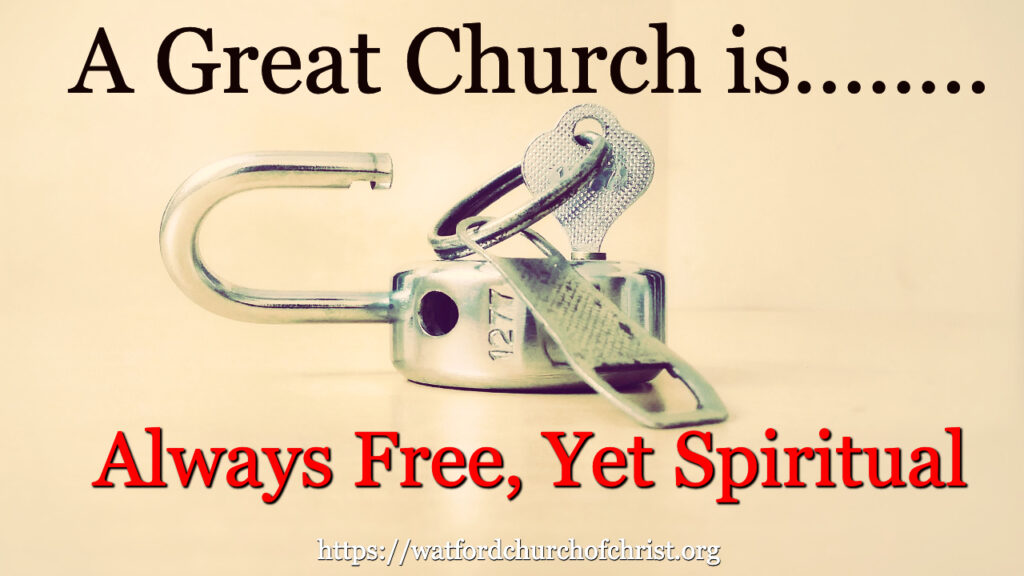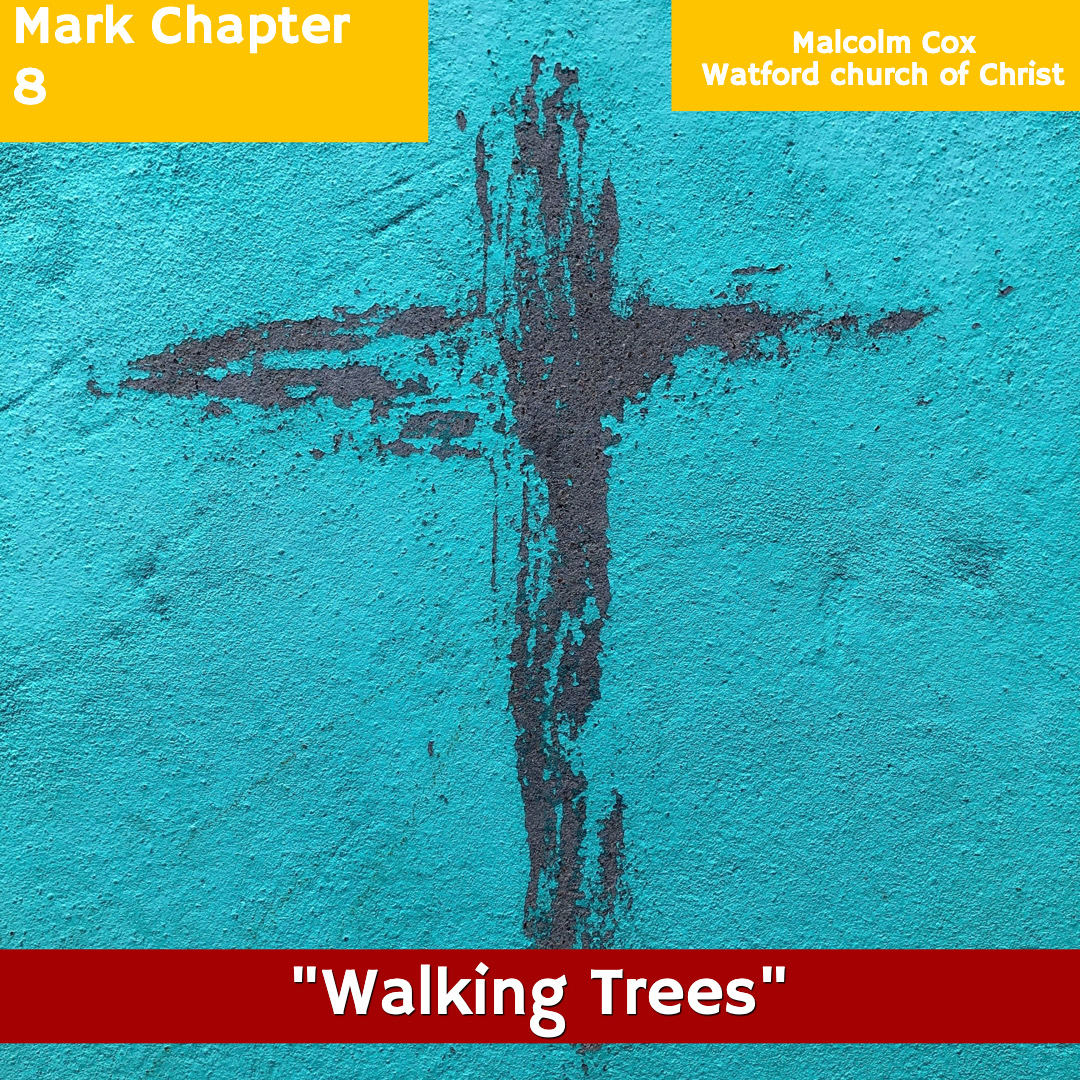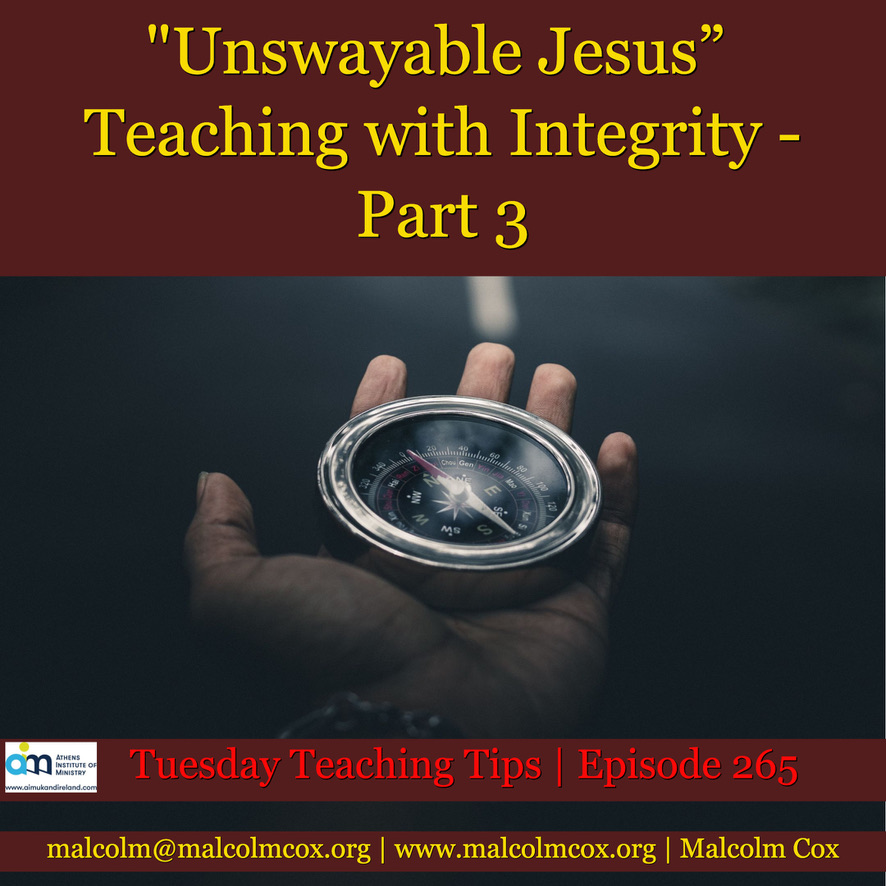
Always Free, Yet Spiritual
Today we are seeking to answer the following questions:
Where does our freedom come from?
What could compromise our freedom?
What is this freedom for?
This is an enormous spiritual topic. We will not do it for justice in one lesson. For the time being, I will concern myself with putting my sermon outline below along with the Scriptures referenced.
“Always free, yet spiritual”, Gal 5:13
Introduction, Luke 4:18-19
1. Where does our freedom come from?
A. Jesus, John 8:31-36
B. What kind of freedom?
Is 61:1 – an event required every fifty years to restore Israelite slaves to freedom and Israelite land to tribal allotments.
“To whatever extent the Gospel writers may have been influenced by other ways of thinking about freedom, the freedom they describe is neither the political freedom of individuals or states which was of primary interest to the Greeks, nor the inner philosophical freedom of the Stoics who abandoned themselves to circumstances, nor the freedom which the devout Jew found through observance of the Law, nor the freedom of separation from the material world found in much of gnostic thought.” IVP-Jesus and the Gospels
C. How do we get it? Rom 6:1-14
2. What compromises our freedom
A. Arguing for ‘rights’, Mark 15:5
Jesus interested in doing will of father (John 6:38) and accomplishing his work of love for us, not in getting his ‘rights’
Here, we do not look to get our rights from one another, but to serve each other’s needs
B. Legalism, Gal 5:1
Cannot ‘earn’ approval of God, nor manufacture assurance of salvation.
Easier to follow the law, than the sermon on the Mount.
Here, we focus on the core, not disputable matters
C. Selfishness (libertarianism)
Gal 5:13-15 – sin
1 Cor 10:29 – damaging conscience of other Christians
Here, we reject selfishness and embrace service
3. What our freedom is for
A. Love for the lost
Philip, Acts 8
Peter, Acts 10
B. Love for one another
Gal 5:6, “The only thing that counts is faith expressing itself through love.”
Use your freedom to love one another here (relationship-based)
C. Love for God
Creates intimacy with God, Eph 3:12, approach God with freedom, παρρησία parrēsia boldness; freedom of speech; loose tongue
Conclusion, John 10:14-18
His offer of freedom creates his friendship circle (Jn 15:14-15).
Questions to ponder
Do you have this freedom in Christ?
What does freedom in Christ mean to you?
How can you grow into your freedom?
What opportunities has God given you to express your freedom in a Christ-like way?
Please add your comments on this week’s topic. We learn best when we learn in community.
Do you have a question about teaching the Bible? Is it theological, technical, practical? Send me your questions or suggestions. Here’s the email: [malcolm@malcolmcox.org](mailto:malcolm@malcolmcox.org).
If you’d like a copy of my free eBook on spiritual disciplines, “How God grows His people”, sign up at my website: http://[www.malcolmcox.org](http://www.malcolmcox.org/).
Please pass the link on, subscribe, leave a review.
“Worship the LORD with gladness; come before him with joyful songs.” (Psalms 100:2 NIV11)
God bless, Malcolm



